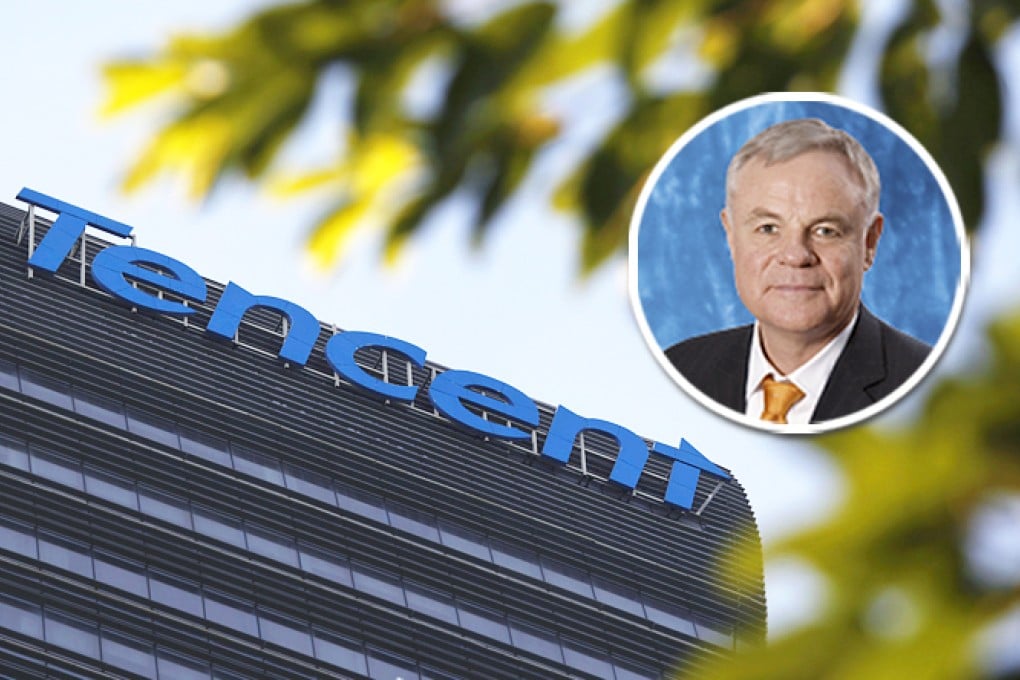New | South African media group struck gold by taking a chance on Tencent
How a once pro-apartheid South African publishing group made a fortune by investing early in the company that is now Asia’s largest Internet company

What started one of Africa’s most profitable investments was a penchant for Chinese food and literature. At least that is what Jacobus Petrus Bekker, CEO of Johannesburg-based Naspers – often dubbed the continent’s Rupert Murdoch – wanted his biographer to believe.
“I like Chinese food and the short stories of Lu Xun. Their sense of humour appeals to me,” the now 61-year-old CEO of the Naspers conglomerate, told Anton Harber, the author of a Bekker biography.
“The quality of public servants is superb,” added Bekker, who controls television channels, newspapers and news websites.
In 2001, Bekkers invested in a then-loss-making Shenzhen-based startup named Tencent, acquiring a 46.5 per cent stake in the company for US$32 million in 2001. Less than 13 years later, the start-up has turned into Asia’s largest internet company worth an estimated HK$1 trillion. The value of Naspers’ stake in Tencent reached HK$370 billion on Friday, almost 1,500 times Bekker’s initial investment.
Held through subsidiary MIH Holdings, the stake makes Africa’s largest media company the single largest shareholder of Tencent, holding more than three times the stake of Pony Ma Huateng, the company’s co-founding chairman.
Observers see Naspers’ turnaround from a struggling South African publisher of the pro-apartheid regime’s mouthpiece into a digital media conglomerate as the ultimate success story of a media organisation adapting to new political and technological realities.